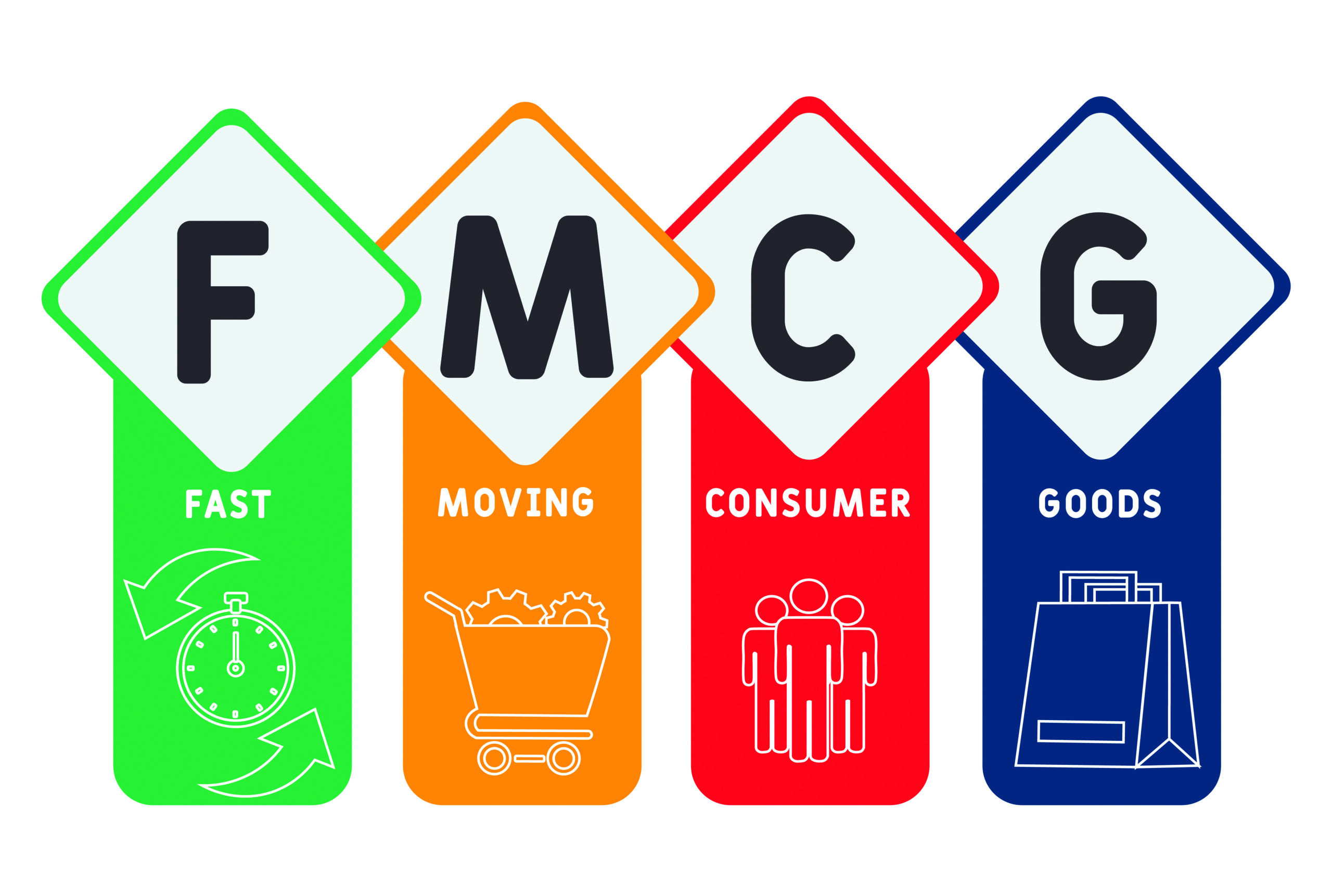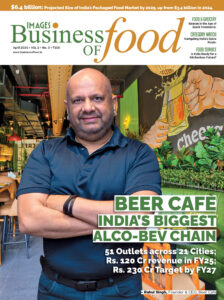TeamLease Services, India’s leading staffing conglomerate, has released a report on the country’s Fast-Moving Consumer Goods (FMCG) sector. The report identifies a significant gender disparity in the FMCG workforce, with male associates comprising over 90% of the outsourced workforce. Using internal data from the company’s Associates Database and secondary research, the report offers invaluable strategic guidance for stakeholders with hiring and attrition trends.
The report delineates hiring, attrition, and productivity (HAP) as the three vectors to optimize their people supply chain. It enumerates proven strategies that can help organizations hire faster, curb attrition, and enhance productivity. Some of the recommendations include the exploration of fresher hiring, the implementation of psychometric assessments for better matching, along with investments in co-pay models for L&D that can help trainees fast-track their career growth.
Mumbai, Bangalore, Chennai, Delhi, and Hyderabad are among the top five Indian cities that showcase a strong intent to hire in the FMCG sector. The report highlights a significant growth in new hiring for sales, marketing, and IT, along with office services, human resources, and blue-collar job roles.
According to the report, metros have the highest attrition rates (27%), followed by Tier 1 and 2 cities (26%). People in Tier 3 and 4 cities have lower attrition rates than those in metros, which is a reflection of the relatively lower level of demand in rural markets. The report highlights that the average age of active associates is over 36 and that of the attrited ones is nearly 34. This indicates that younger employees tend to attrite more. Correspondingly, the tenures of active and attrited associates are 1.7 and 1.1 years respectively.
The report also categorizes attrition into two distinct types: ‘regrettable’ and ‘non-regrettable’. Regrettable attrition, accounting for 21% of departures, involves employees whose exceptional performance resulted in incentive earnings that exceeded the company’s average incentives. On the other hand, non-regrettable attrition, which represents 39% of the attrition rate, occurs in cases where employees do not earn any incentives.
Teamlease Services also reports that the average CTC for current and attrited associates is the highest in southern India. Notably, while the gap between the salaries of active and attrited associates is negligible, the gap in incentives earned is significant. This indicates that incentives are a much stronger predictor of attrition rather than salaries, as salaries seem quite inelastic.
With India poised to become the third-largest economy and with significant government support, the FMCG industry is projected to reach substantial revenue milestones in the coming years. Government initiatives like FDI allowances and the PLI scheme are fueling industry growth and export potential. E-commerce expansion and direct-to-consumer models are paving the way for market penetration, particularly in rural areas. Adapting to evolving consumer preferences through continuous innovation and product diversification is crucial, as India’s expanding middle-class and youthful demographic ensures sustained market expansion.
In such a scenario, leveraging technology for operational efficiency, data-driven decision-making, and optimizing supply chains is crucial. Collaborating with traditional Kirana stores through enhanced digital connectivity opens doors for mutual growth and market expansion, highlights the report. Kirana stores, the backbone of our country’s retail sales, will continue to remain relevant in the foreseeable future. However, Modern Trade and E-commerce, especially Quick-commerce will make rapid strides as there’s a distinct change in consumer behavior being seen. No longer are such platforms being used for impulse purchases alone, but for regular bulk purchases too.
Kartik Narayan, CEO – Staffing, TeamLease Services Limited, said, “The report unveils critical insights into the evolving landscape of India’s FMCG sector, offering stakeholders invaluable strategic guidance in navigating opportunities and challenges. From harnessing technology and innovation to addressing workforce dynamics, organizations must embrace agility and foresight to thrive in this dynamic market environment.”
Balasubramanian A, Vice President & Business Head, TeamLease Services Limited, said, “With top cities like Mumbai, Bangalore, Chennai, Delhi, and Hyderabad experiencing significant growth in intent to hire, the FMCG sector is poised for robust workforce expansion and talent acquisition. This trend signals a positive outlook for industry players looking to capitalize on emerging opportunities and scale operations effectively.”
He further added, “The gender disparity in the FMCG workforce, with male associates comprising over 90%, underscores the need for concerted efforts to promote gender diversity and inclusivity in the industry. Embracing diversity not only fosters innovation but also reflects a commitment to creating a more equitable workplace.”
As India’s FMCG industry stands at a pivotal juncture, the findings of TeamLease Services’s FMCG Report guide industry players towards sustainable growth, innovation, and success in the ever-evolving consumer goods market.
In the FMCG sector, as per the report, effective data management is crucial. Companies have vast amounts of consumer data, which, when analyzed adeptly, can yield valuable insights to drive innovation and enhance customer engagement. Also, maintaining a positive brand image is important for global success, necessitating careful navigation of varying regulatory standards across different markets.
Listing challenges, the report mentions that the industry also grapples with intensified competition in online retail, triggering price wars and escalating R&D costs for major players. Moreover, the sector faces the challenge of catering to a diverse demographic spectrum encompassing Gen X, millennials, and Gen Z, each with distinct preferences and priorities.
The report suggests embracing technology, innovation, and strategic collaborations while addressing regulatory complexities and consumer demands for sustained success in this dynamic market landscape. At the same time, organizations must prioritize hiring, minimizing attrition, and enhancing workforce productivity to capitalize on emerging opportunities and navigate market uncertainties effectively.




